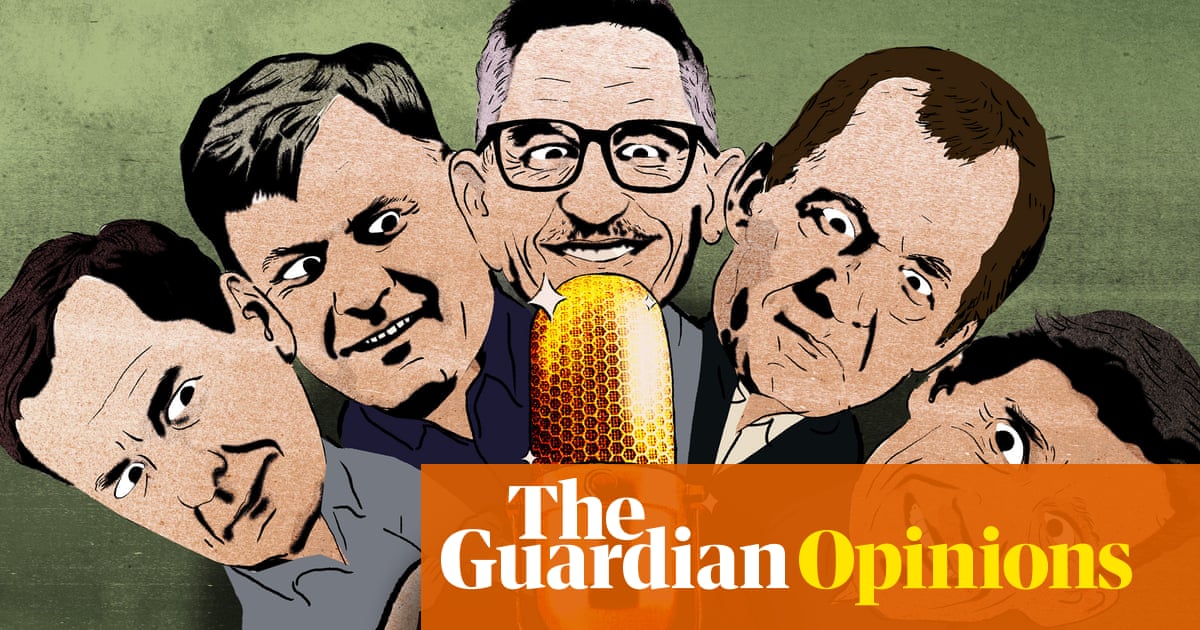
The Austrian psychoanalyst Theodor Reik put it best when he said that history never repeated itself, but it did often rhyme. This has become the unofficial mantra of my political risk firm. All of our competitors in the industry tend to assess the same three areas — macroeconomics, military strategy, and politics and geopolitics — but we add a critical fourth in that we also use the historical lens, applied historical experience, to make sense of the world.
As one era gives way to the next, such a broader view becomes absolutely central. For the current global data points of Ukraine, the Sino-American cold war and the rise of endemic inflation, important as they are on their own, make sense only in the larger context — that we are transitioning from one era (the Age of Globalization 1991-2022) to the next (the Age of Insecurity 2022-).
Every era has its truisms, intellectual rules that make sense in the present and seem eternal, but actually work only within a specific place and time. The just concluding Age of Globalization is no exception to this historical rule. Just days before the Russian invasion of Ukraine (which my political risk firm called correctly to happen in February months ahead of the fact), an old banker “frenemy” of mine from my St. Andrews University days, chokingly angry that I had had the effrontery to say war was imminent, laid out the truisms of the fading era as well as anyone could.
First, he told me I was all wet, and that there never would be an attack, as I had always overrated the military, cultural, political and geopolitical components of decision making, when in essence everything in the world came down to an economics-first basis.
Second, Russia would never endanger its lucrative energy trade with Europe by invading Ukraine, just as the Sino-American cold war competition could be managed as both sides just benefited too much from the one global supply chain to ever endanger it for paltry Taiwan. In essence, he was saying political risk in the world didn’t really matter, and certainly not compared with these towering economic incentives.
Third, he (by now shouting) went on to say that nobody really cared where things were made, that security of supply was an afterthought compared with the imperatives of economic rationality. Why should Germany buy oil and gas from more politically malleable Qatar and America, when next-door Russia would do nicely and more cheaply? He said I had never understood how globalization worked, would have egg on my face in days, and that he looked forward to laughing, and hung up.
The invasion started the next day. As you might guess, I have yet to hear back from him.But my frenemy did me a huge analytical favor in laying out the shibboleths of his age, truisms that were becoming increasingly outmoded. For what he missed was that the age itself has been changing, rendering the verities of the old age intellectually irrelevant in the new one. For 30 years (1991-2022) the Age of Globalization was predicated upon the truisms that we lived in an economics-first world, where security of supply was an afterthought, where political risk concerns were peripheral.
In essence, the status quo powers of the West made a gigantic geostrategic bet that with the enrichment of the East and the developing world that globalization had wrought, those regions could be bought off, their non-economic concerns assuaged by their newfound riches. As the American philosopher Ralph Waldo Emerson put it: “Men are conservatives when they are … most luxurious.”
But the “every man being a conservative after dinner” theory does not explain the salient data points of our new era. Russian President Valdimir Putin made it crystal clear he had imperatives other than economics in mind when invading Ukraine. Germany’s energy plight after the invasion painfully refutes the false notion that security of supply is irrelevant, just as the ongoing jockeying for global primacy between Washington and Beijing makes a lie of the notion that political risk is peripheral to the world’s concerns.
Indeed, in making sense of the new age of insecurity we must start in the graveyard of the ruined shibboleths of the old, dying era. We now live in a time where there is a multiplicity of primary motives for a country’s action; economic imperatives matter, yes, but also political, national, cultural, historical, and ideological forces guide decision-making, often being of more importance than a crude analysis amounting to little more than Marxian economic determinism.
Security of supply is a great imperative of our new time; suddenly we care intensely where our pharmaceuticals come from, our rare earths are mined, our computer chips are made, and the origins of our energy supplies.
Lastly, the world has at last woken from its holiday from history, its deep intellectual slumber that political risk was somehow peripheral from governmental and commercial decision-making, rather than being a central component explaining how the world does (and does not) work. The historical lens makes it clear that the old era, and the old ways of looking at the world, no longer explain very much. The companies and countries that grasp the new truisms are going to have an overwhelming advantage in our new time.
• John C. Hulsman is the president and managing partner of John C. Hulsman Enterprises, a prominent global political risk consulting firm. He is also a senior columnist for City AM, the newspaper of the City of London. He can be contacted via johnhulsman.substack.com.











